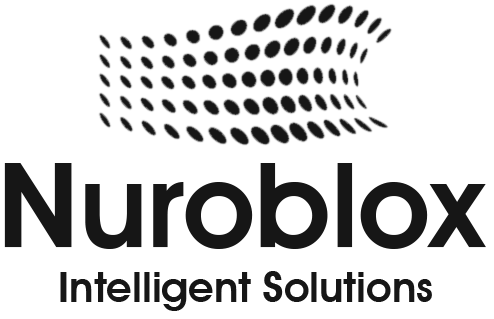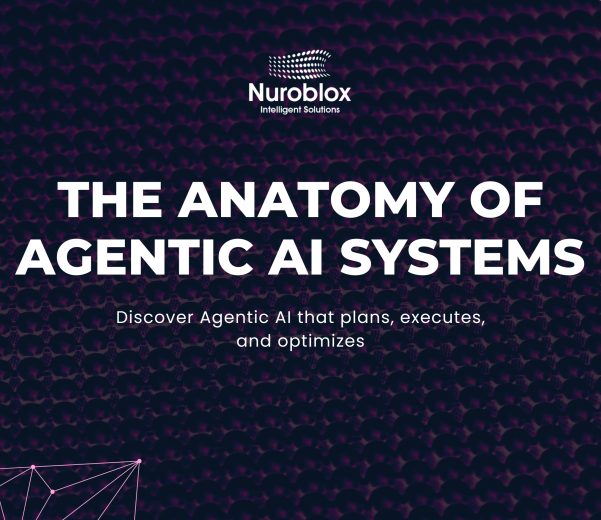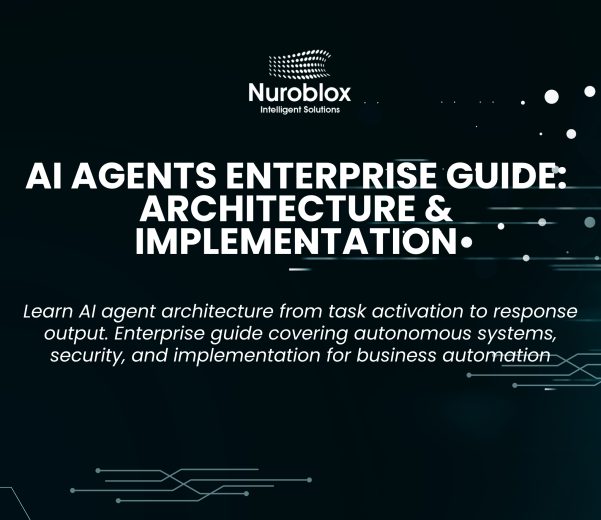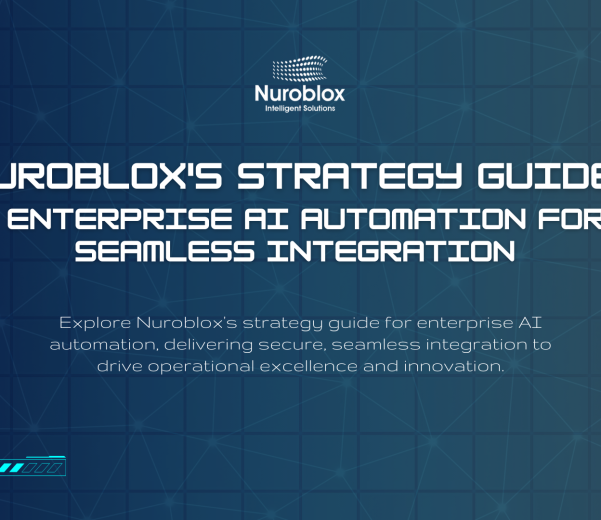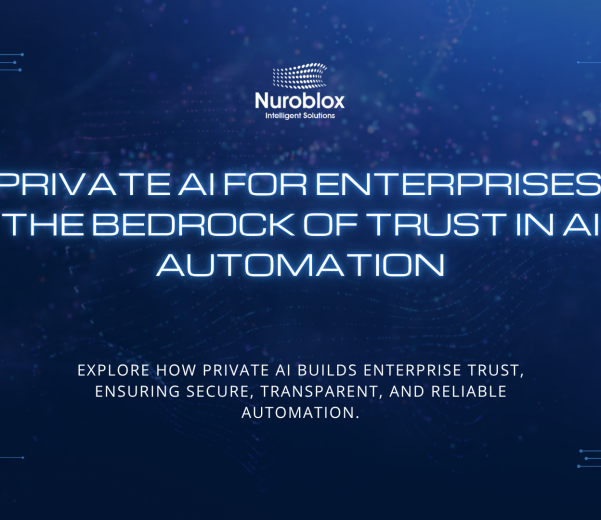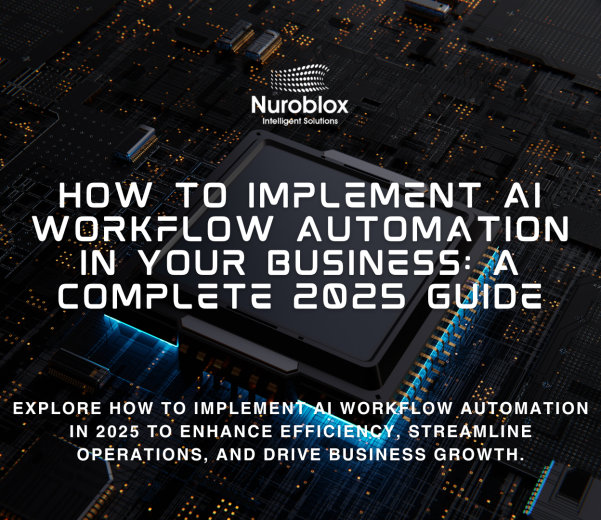Enterprise AI
- Home
- Enterprise AI
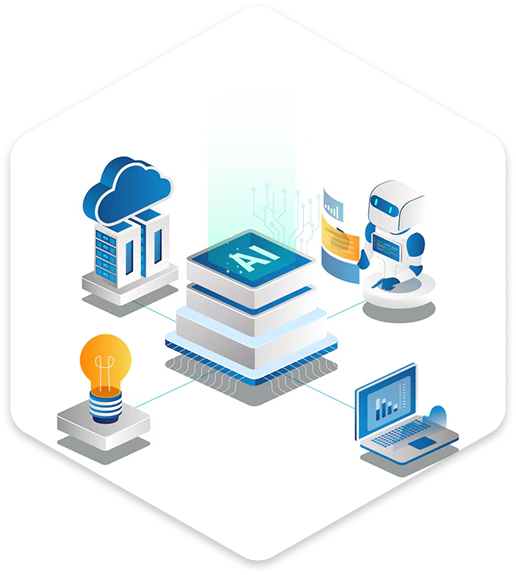
// ABOUT AI
Enterprise AI
Enterprise AI refers to the purposeful implementation of various AI technologies across an organization to build a unified system that drives operational efficiency, innovation, and strategic growth.









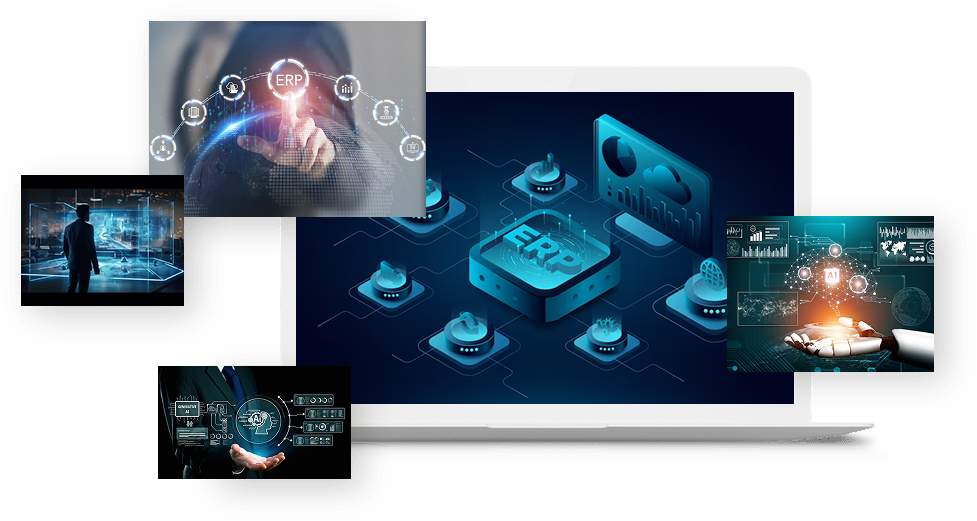
What is Enterprise AI?
Enterprise AI is a holistic strategy that integrates a wide spectrum of artificial intelligence capabilities across the organization. It ranges from traditional analytical AI such as machine learning models that analyze vast datasets to identify patterns and forecast trends – to advanced, task-specific AI and cutting-edge generative AI (GenAI) powered by large language models (LLMs), which can generate content like text, images, and code.
More than just automating tasks, Enterprise AI embeds intelligence throughout the business from core infrastructure to cloud environments. Unlocking new levels of efficiency, agility, and innovation across the enterprise.
Why Enterprise AI Matters Now
In today’s digital era, data is one of the most valuable assets a business can have but data alone isn’t enough. Enterprise AI is the catalyst that transforms raw information into meaningful insights, informed decisions, and tangible business outcomes.
By harnessing advanced machine learning, predictive analytics, and intelligent forecasting, organizations can better understand customer behavior, improve operational efficiency, and unlock new opportunities for growth.
Generative AI takes these capabilities even further fueling creativity, automating content creation, and accelerating product innovation. Together, these technologies create a powerful engine for smarter decision-making, faster execution, and a distinct competitive edge in an increasingly data-driven world.

Real-World Enterprise AI Use Cases-
How AI Is Transforming Industries
Banking & Financial Services

Core Technologies Driving
Enterprise AI
Generative AI (GenAI)
Machine Learning (ML)
Natural Language Processing (NLP)
Deep Learning
The Strategic Advantages of
Enterprise AI
operate, compete, and grow. Here’s how it drives real value
Operational Efficiency at Scale
AI eliminates manual, repetitive tasks, streamlining workflows and reducing errors. This boosts speed, improves accuracy, and frees teams to focus on strategic, high-impact work.
Accelerated Innovation
By handling routine processes, AI unlocks time and space for creativity and innovation. Generative AI further empowers teams to design, build, and launch new ideas faster than ever.
Smarter, Data-Driven Decisions
Analyzes large datasets to detect patterns, predict outcomes, and automate decisions. Enhancing forecasting, personalization, and operational efficiency across enterprise systems.
Enhanced Risk Management & Security
AI strengthens your organization’s ability to detect threats, manage risk, and ensure compliance. With predictive models and real-time monitoring, businesses can act proactively, not reactively.
We’re Here to Assist You and Address
All Your Questions Anytime!
Guiding Principles for a Successful AI Journey
Every organization’s path to enterprise AI is unique, but a few foundational principles can help you move forward with clarity and impact.
Clear Vision
Iterative Mindset
Data Readiness

Strategy and Leadership Teams
Anchor your AI roadmap to business objectives. A clearly defined vision aligns teams, identifies high-value use cases, and ensures AI delivers strategic impact across the enterprise.

Innovation & AI Teams
Treat AI implementation as a continuous journey. Start small, iterate fast, and scale thoughtfully. Turning early experiments into enterprise-grade capabilities through agile execution.

Data & Infrastructure Teams
High-quality, governed, and accessible data is the backbone of AI success. Invest in scalable data platforms and modern architecture to power accurate and reliable AI solutions.
Overcoming Enterprise AI Challenges
Data Quality Issues
AI depends on clean, accurate, and unbiased data. Poor data leads to poor outcomes. Prioritize data governance, cleansing, and accessibility to build reliable models.
Talent Shortage
Skilled AI professionals are in high demand. Close the gap by upskilling internal teams, leveraging training programs, or partnering with experienced AI vendors.
High Initial Investment
AI can require substantial upfront costs in software, infrastructure, and training. But with clear ROI goals, long-term gains in efficiency and innovation often outweigh the expense.
Ethical & Responsible Use
AI must be deployed with care. Address issues like algorithmic bias, transparency, and automation impact early to ensure responsible, human-centered implementation.
Choose the Right
Enterprise AI Solution
Scalable Architecture
Ensure the solution can grow with your business supporting more data, users, and use cases as your needs evolve.
Seamless Integration
Your AI platform should connect smoothly with your existing systems to enhance, not disrupt, current operations.
Tailored Fit
Look for customizable features that adapt to your workflows and industry-specific requirements, not a rigid, one-size-fits-all model.
Enterprise-Grade Security
Data protection must be a top priority. Choose a platform that meets compliance standards and secures sensitive information end-to-end.
Getting Started with Enterprise AI
What’s Next for Enterprise AI
Enterprise AI is entering a new era, powered by transformative technologies like generative AI, explainable AI, and ethical AI. Generative AI is already reshaping how businesses develop content, design products, and streamline operations. Driving speed, creativity, and scale. Meanwhile, explainable AI is making it easier for organizations to understand how AI makes decisions, building greater trust and transparency into business processes.
At the same time, ethical AI is becoming a critical focus, ensuring that AI is used responsibly, fairly, and in alignment with regulatory and societal expectations. As these trends accelerate, enterprise AI will continue to evolve from a technical tool into a strategic cornerstone. Businesses that act early and thoughtfully will be best positioned to lead in an AI-first future – driving innovation, resilience, and sustainable growth.

Frequently asked questions
Costs vary widely based on use case complexity, vendor pricing, deployment scale, and customization needs. Start with a small pilot to gauge ROI before scaling up.
AI is more likely to augment your work than replace it. It handles repetitive tasks, freeing you to focus on creativity, strategy, and decision-making. Upskilling ensures long-term value in an AI-driven workplace.
Key issues include bias, lack of transparency, and job disruption. Responsible AI development should focus on fairness, explainability, and minimizing harm ensuring technology works for everyone.
Technical roles may require Python, data science, or ML knowledge. But thanks to low-code/no-code AI tools, non-technical users can now build AI solutions with minimal coding. broadening who can participate in AI innovation.
